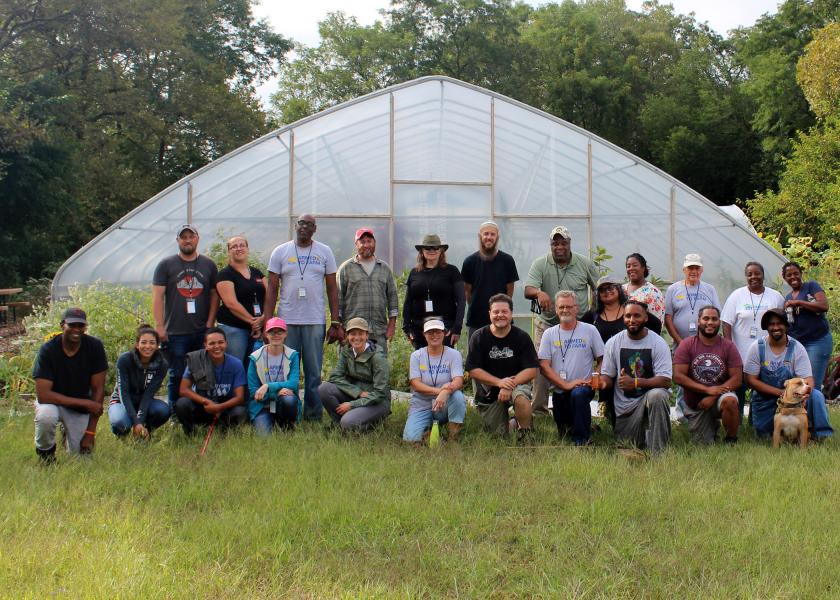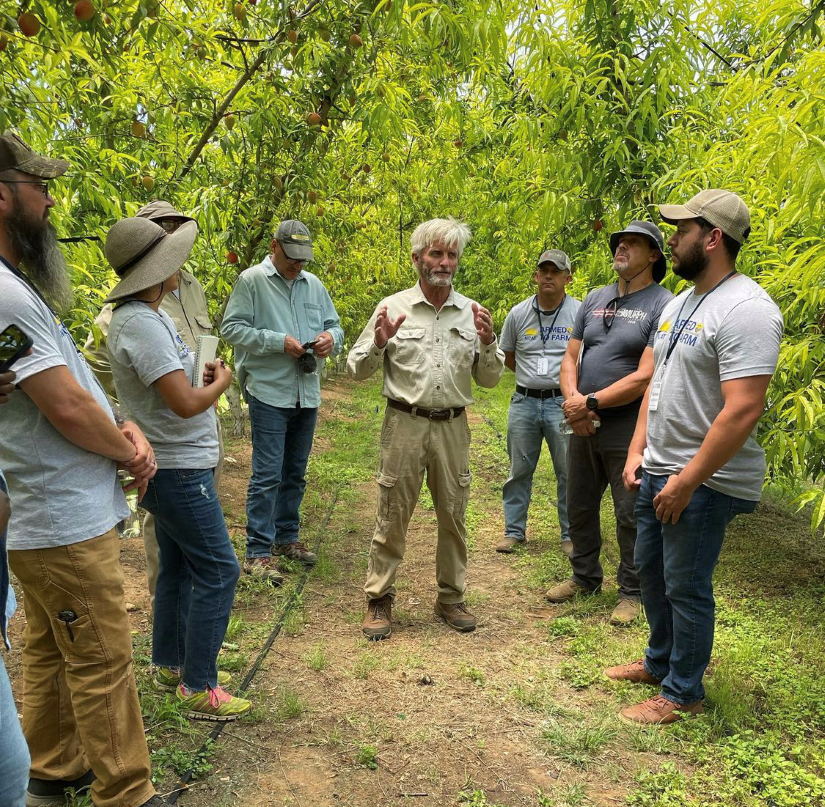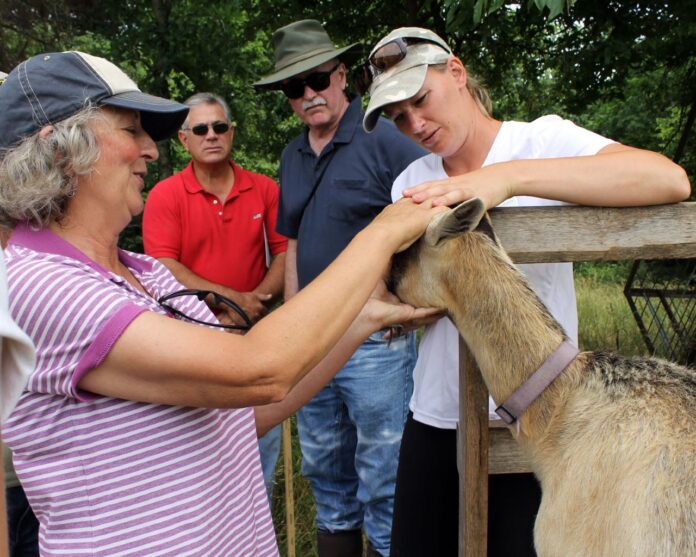From Combat Boots to Agriculture Roots: Veterans Become ‘Armed to Farm’

“Veterans make really good farmers for a lot of reasons. I know that they're dedicated, they are eager to learn, they are thankful for the opportunity to come and receive the training and they are always eager to get back home and to put it into practice,” says Margo Hale, ‘Armed to Farm’ program director.
Welcoming all those who served, the National Center for Appropriate Technology (NCAT) along with the USDA and a variety of other partners and sponsors, provide veterans the opportunity for veterans to dive into the agricultural industry, learn from experienced farmers and ranchers and gather resources to prepare, start and operate their own agricultural businesses through the ‘Armed to Farm’ Flagship training.
“Armed to Farm has served more than 800 veterans in all corners of the country as they start or grow their own sustainable farm business,” says Hale in a recent release.
Applicants have been diverse, including veterans with a range of agriculture experience and rural and urban-focused business plans.
Since its launch in 2013 and nearly 30 trainings later, each training continues to receive more applicants than available training spots.
The free, week-long flagship training provides participants with technical assistance and access to specialists in the agriculture industry, as well as tours of local, region-specific operations, networking, peer-to-peer learning and instant support from other attendees.

Texas, Studebaker Orchard -- Photo by National Center for Appropriate Technology
“Our goal is to build the network so that they can learn from each other, share what's worked on their farms or ideas they might have and also be a source of support,” says Hale.
Air Force veteran Sara Creech describes the program as ‘the’ reason she was able to get started farming. “The opportunity to connect with other veterans and support each other’s dreams was life changing,” Creech says.

Sara Creech (right) -- Photo by National Center for Appropriate Technology
Previously hosting trainings in California, Texas, New Mexico and Montana, to name a few, Hale announces upcoming trainings will be held for the first time in North Carolina, Colorado, Iowa, Idaho, Alabama, Virginia, Pennsylvania, Kentucky and Florida.
In addition to NCAT’s ‘Armed to Farm’ Flagship, ‘Armed to Urban Farm’ and ‘Armed to Farm 2.0’ provide specialized and advanced training to meet the veterans’ needs. NCAT also focuses on sustainable agriculture and sustainable energy, and participants are encouraged to be innovative and use regenerative practices in their operations.
“Armed to Farm was instrumental in helping my family get the farm and ranch up and running. All the connections I made with people and different businesses really helped me bring all the pieces together. They helped us with business planning and even helped with funding for infrastructure for the farm,” says Jared Ross of Ross Family Farm near Beach, N.D.
As a way of serving those who served, Armed to Farm has provided veterans from 45 states the resources, knowledge and understanding to be successful, and the program continues to grow and meet the needs of veterans looking to cultivate a future in agriculture.
Know of a veteran who may want to attend a training? Visit NCAT’s Armed to Farm website or stay connected through their newsletters!







